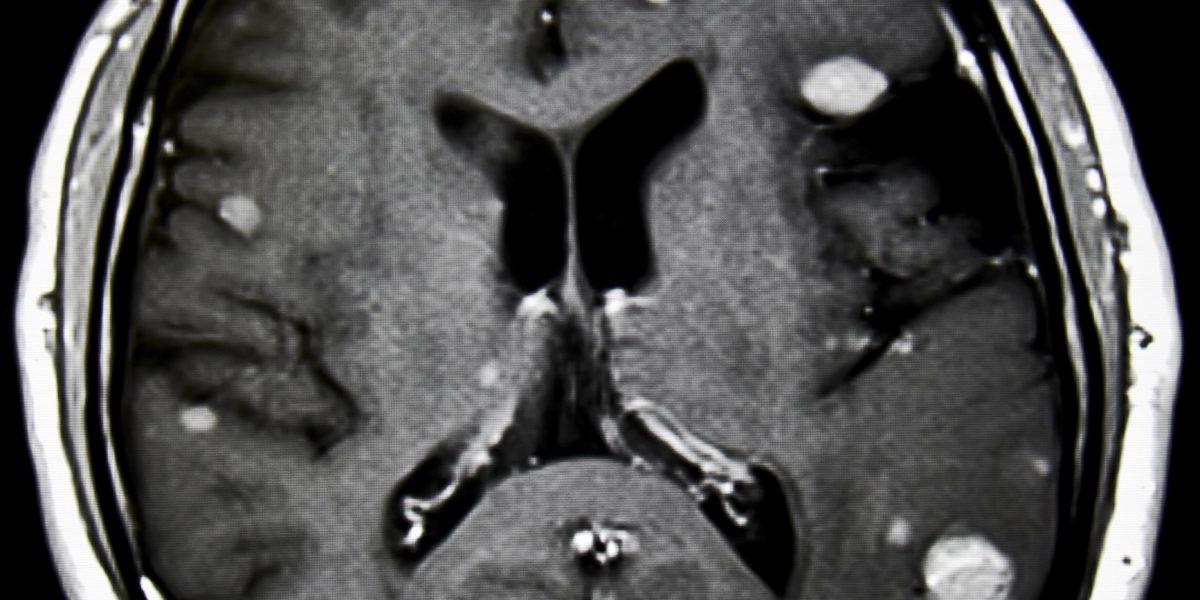Dr. Rao’s Hospital – The Best Brain Tumor Management

Brain metastases, or cancer, travels from its site of origin to the brain via the bloodstream, having begun as cancer in a different part of the body (most commonly the skin, breasts or lungs).
Symptoms of Cancer’s Spread
Doctors usually discover brain metastases during routine follow-ups for an existing cancer. Sometimes, however, cancer has already spread from another part of the body to the brain, and people experience these symptoms of brain metastases:
- Confusion
- Headaches
- Seizures
- Difficulty with speech
- Weakness or loss of sensation on one side of the body
The sooner we can identify brain metastases, the more treatment options we can offer.
So if you or a loved one experiences these symptoms, talk to your doctor—especially if you or they has had cancer.
Treatment Options for Brain Metastases
Stereotactic Radiosurgery
If we find it early, before too many lesions have developed in too many places, we can treat brain metastases with Stereotactic Radiosurgery. This targeted delivery of radiation focuses solely on the brain tumors, causing little impact to the healthy brain and few side effects.
Whole Brain Radiation Therapy (WBRT)
If the tumors have become too large or the cancer has spread to multiple locations in the brain, the best treatment option may be WBRT, delivering radiation to the entire brain. This approach can reduce brain tumor symptoms and prolong life, but it can also cause neurotoxicity, which can lead to cognitive impairment — a result we can lessen with a more targeted approach and/or medication.
Surgery
Surgical removal of a brain metastasis is sometimes required to relieve pressure on the brain and improve a patient’s symptoms from this pressure.
Diagnosis may require resection or removal of brain tissue; we also use targeted resection with computer guidance and intraoperative MRI (magnetic resonance imaging).
Comprehensive Approach to Brain Metastases
As we use every modality in the treatment of the brain metastasis like surgical removal, stereotactic radiosurgery or whole brain radiation therapy and makes it a comprehensive holistic approach as Dr. Mohana Rao Patibandla finished his Neurooncology and Stereotactic Radiosurgery fellowship from the USA.
Enquiry Now

